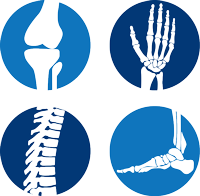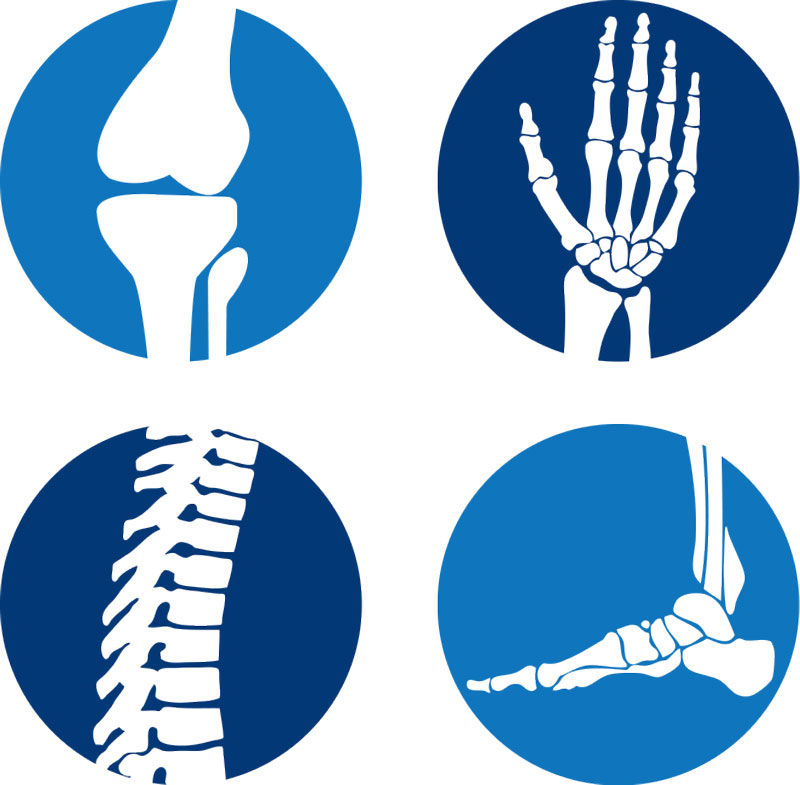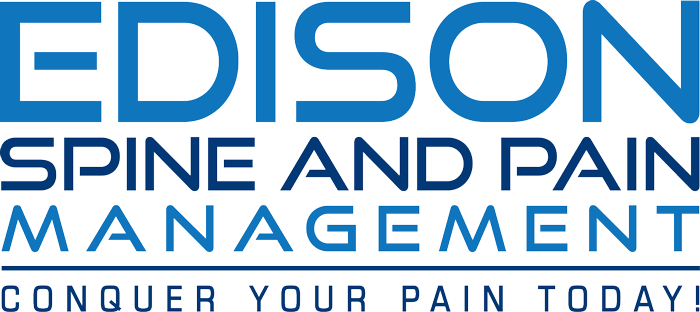Electromyography (EMG) and nerve conduction studies are diagnostic techniques that allow us to identify disorders related to the muscles, nerves, or both. These studies involve measuring your body’s electrical activities to diagnose the root cause of your chronic pain. We use cutting-edge EMG and nerve conduction studies to diagnose various conditions, such as carpal tunnel syndrome, disc herniation, and more. Our comprehensive diagnostic process helps us curate a personalized treatment plan.

What are EMG and Nerve Conduction Studies?
Electromyography (EMG) and nerve conduction studies measure the electrical activities in your muscles and nerves. Your nerves send electrical signals to make your muscles perform certain functions. When your muscles react to the electrical signals, they also release certain signals, which can be measured. An EMG test measures the signals produced by your muscles, and the nerve conduction study measures electrical signals as they travel down the nerves.
The Goals of EMG and Nerve Conduction Studies
EMG and nerve conduction studies determine if you have disorders related to the muscles or nerves. The EMG test determines if your muscles are responding correctly to nerve signals, whereas nerve conduction studies determine if your nerves are functioning correctly. When performed together, EMG and nerve conduction studies can diagnose various muscle and nerve disorders, such as muscular dystrophy, herniated discs, carpal tunnel syndromes, and more.

You might need EMG and nerve conduction studies if you experience the following symptoms:
- Muscle weakness
- Muscle paralysis
- Muscle cramps and spasms
- Tingling sensations in the arms, face, neck, or legs
- Numbness in the arms, face, neck, or legs
EMG and nerve conduction studies may diagnose the following conditions:
- Amyotrophic lateral sclerosis (ALS)
- Charcot-Marie-Tooth disease
- Muscular dystrophy
- Myasthenia gravis
- Guillain-Barré syndrome
- Disc herniation
- Carpal tunnel syndrome
- Other muscle and nerve disorders

The EMG
(Electromyography) Test
During the EMG test, you will lie down on a table or bed. The pain doctor will clean your skin and place a needle electrode (a special wire that discharges mild electric current) into the targeted muscle. The device will record the electrical activities in your muscles at rest and in action. You will have to repeatedly contract your muscles to help the device record the activity. This will help the doctor determine if you have any muscle disorders.
The Nerve Conduction Study
During the nerve conduction study, you will lie down on a table or bed. The pain specialist will attach one or more stimulating electrodes to certain nerves and different electrodes to the muscles controlled by the targeted nerves. The device will release small electrical pulses to stimulate the nerves into delivering nerve signals to the targeted muscles. The pain doctor will record the time it takes for your muscles to respond to identify potential nerve disorders.


Schedule an Appointment
Edison Spine & Pain Management is a state-of-the-art interventional pain management practice specializing in the diagnosis and treatment of the root cause of your pain conditions. We use cutting-edge EMG and nerve conduction tests to accurately diagnose your conditions and curate personalized treatment plans for optimal results. We only provide minimally invasive treatments — no surgeries. If you’re experiencing muscle weakness, muscle cramps, or tingling sensations, please schedule an appointment.

